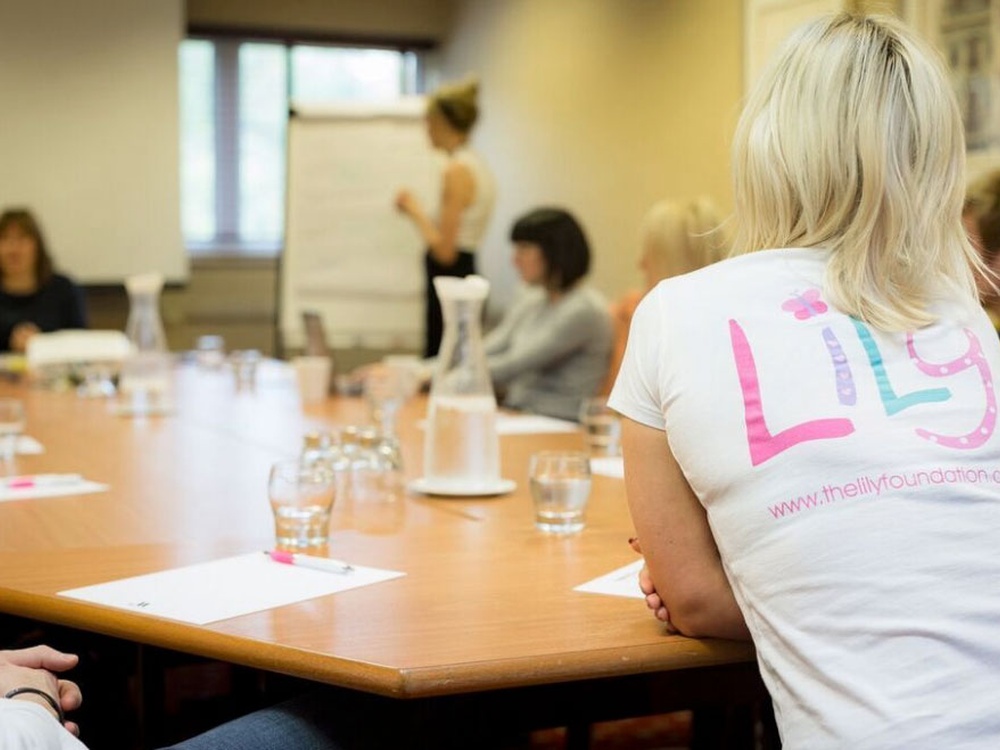The event will take place in Oxford on 25th November and is open to doctors, nurses, geneticists, therapists and medical trainees who work with adult or child mitochondrial disease patients.
The day will be hosted by specialists from the Oxford NHS Highly Specialised Services for Rare Mitochondrial Disorders (RMD), supported by The Lily Foundation.
The event aims to further inform and educate medical professionals about mitochondrial diseases, to ensure patients and their families receive the best possible care. It’s also an opportunity for non-specialists to find out how the RMD service works and learn more about the referral process.
Staff from The Lily Foundation will be representing the patient voice and providing insight into the particular needs of mitochondrial patients and their families and the support services the charity offers.
Liz Curtis, CEO of The Lily Foundation, commented: "We’re delighted to be working alongside our friends in the Oxford mitochondrial team to deliver this important study day. We’re constantly looking at how we can further improve services, care and support for those affected by mitochondrial disease, and raising awareness within the medical profession itself is an important part of that. When a patient-focused charity like ours works together with the NHS it's a win for everyone involved, so we’re very grateful to be given this platform."

